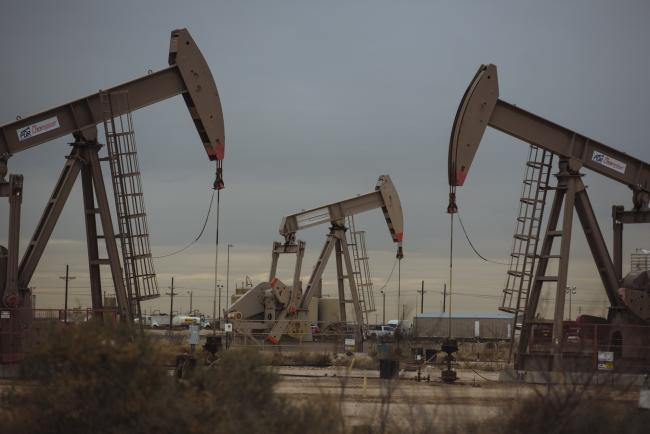(Bloomberg) -- Texas, home to the largest U.S. shale play, saw oil production slip in January for the first time in a year, as pipeline bottlenecks in the Lone Star state prompted drillers to cut back.
The decline pushed overall U.S. production lower by 90,000 barrels a day, marking the first national drop since May, according to revised data from the Energy Information Administration. January production clocked in at 11.87 million barrels a day.
Explorers curbed drilling in January, after crude prices collapsed at the end of 2018 and amid investor calls to reduce spending. A dearth of pipeline capacity from the Permian basin of West Texas to the Gulf of Mexico has also hemmed in production.
"People are holding off and waiting until the capacity comes in -- they can get a much better price," said Michael Lynch, president of Strategic Energy and Economic Research in Winchester, Massachusetts. "This is why you’ve seen a lot of the drilled but uncompleted wells."
A cold snap in parts of the Permian at the start of the year, which caused production to be curtailed, may also have played a part.
"It just slows down things enough," Lynch said. "You get some wells that don’t get hooked up."
